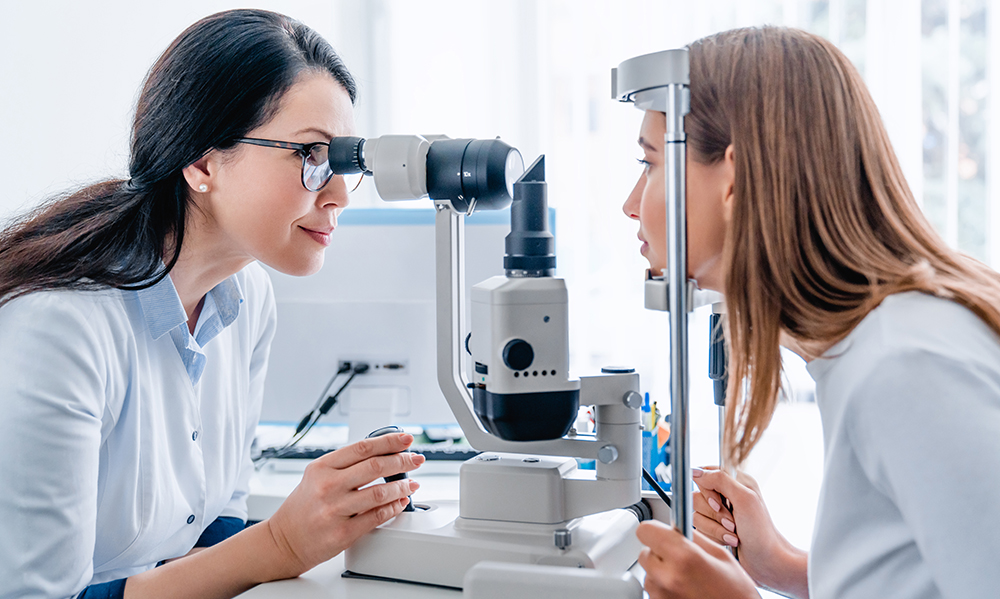After one has been injured in a car accident, it can, at times, be difficult to pinpoint the root cause of certain issues. This becomes especially true when someone has suffered from a head injury. When patients have a TBI (Traumatic Brain Injury), they can suffer from many visual dysfunctions that can affect their daily lives. We spoke in thorough detail with Dr. Kauser V. Sharieff, OD MA FCOVD FNORA of Vision Performance Optometric Center about this in her Quick Tip Video, which can be found here:
https://www.instagram.com/tv/CRCePJmpw-u/
Dr. Sharieff explained that it can be hard to identify a visual dysfunction and to decipher if one’s vision is being affected by a brain injury or an eye injury. So, visual dysfunctions can be vague to identify but can be identified by certain symptoms. If your client is experiencing some of these symptoms, it’s likely time to refer them to a neuro-optometrist to ensure they are getting the right care they need to get their functionality back to normal:
- Headaches
- Light sensitivity
- Dizziness
- Nausea
- Double vision
- Visual memory issues
- Fatigue
- Balance
- Spatial disorientation
- Confusion
Once you refer a patient to a neuro-optometrist, such as Dr. Sharieff, they will conduct a lot of assessments (both objective and subjective testing) to ensure the root cause is found, and they will conduct neuro-optometry therapy to ensure that patients can quickly get back to normal functionality. So, if you or a client have been injured in a recent car accident and think there may be visual dysfunctions, be sure to visit Dr. Kauser Sharieff of Vision Performance Optometric Center. Also be sure to check out our full list of doctors who work on a lien basis here to see the full list of all specialties available on a lien basis!





